death
John F. Malcolm (1931-2023)
John F. Malcolm, professor emeritus of philosophy at the University of California, Davis, died last September.
David Copp sent in the following obituary, written by several people affiliated with the Department of Philosophy at UC Davis, including Professor Malcolm himself.
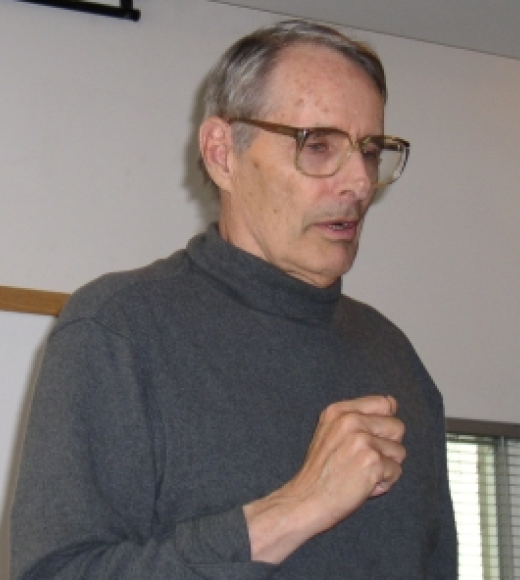
John F. Malcolm (1931-2023)
Professor John F. Malcolm passed away peacefully on September 10, 2023, in his home in Davis, California, at the age of 92.
Originally from Canada, he spent most of his academic career in the Philosophy Department at the University of California, Davis. There, until he retired in 1994, he was central to its program in Ancient Philosophy. He is remembered for his brilliance, his love of classical scholarship, his old-school, exacting professorial standards, his generosity, and his highly unconventional sense of humor. He was an avid traveler and skier, with a special fondness for beautiful classic automobiles. He also played classical music on his keyboard. In addition to being a historian of philosophy, he also extensively investigated his family history in Scotland, Ireland and Canada, tracing it as far back as 1602.
Professor Malcolm’s major academic work was his 1992 book, Plato on the Self-Predication of Forms: Early and Middle Dialogues (Oxford University Press), but his scholarship went beyond philosophy. Fluent in ancient Greek and Latin, he also studied Russian and Sanskrit. Shortly before his death, he was studying a text on the Hebrew language. His students and colleagues would agree that he was one of a kind. His uniqueness extended to his writing his own obituary, which follows:
J. Malcolm was born in Regina, Saskatchewan in 1931. He lived in Storthoaks, a small hamlet in the south-eastern part of that province where his father was a United Church minister on a mission field. In 1936 he (an only child) and his parents moved to eastern Canada, eventually settling in Bailieboro, Ontario, a small community near Rice Lake. After graduating from high school in Peterboro, he went to the alma mater of his parents, Queen’s University in Kingston, Ontario. He received his B.A. in 1952 and then spent two years studying abroad in St Andrews, Scotland, and Marburg, Germany. He returned to Queen’s for an M.A. (on Kant’s ethics) and after a year in Rome went to Princeton for his Ph.D. in Greek philosophy under Gregory Vlastos. His first teaching position was at Huron College, London, Ontario. After three years there he went for a year to Oxford to study with G.E.L Owen. Then he taught for two years at the University of Alberta in Edmonton and from there came to the University of California at Davis, where he remained for the rest of his academic career. His main areas of interest were the metaphysical doctrines of Plato and Aristotle. He was a regular participant in a reading group on Ancient Greek Philosophy at Stanford/Berkeley and at Davis.
He had no children and for most of his life was unmarried. While at high school he would spend several months a year on a farm, and, as an undergraduate, during the four month summer vacation, he was employed at such jobs as replacing railroad rails and rotating aluminum remelt furnaces. In light of these experiences, he successfully avoided any extended physical labor thereafter. His vision of the best life attainable by human beings was one of privilege without responsibility—an ideal more to be recognized than realized.
The post John F. Malcolm (1931-2023) first appeared on Daily Nous.
William W. Tait (1929–2024)
William (“Bill”) Walker Tait, professor emeritus of philosophy at the University of Chicago, has died.
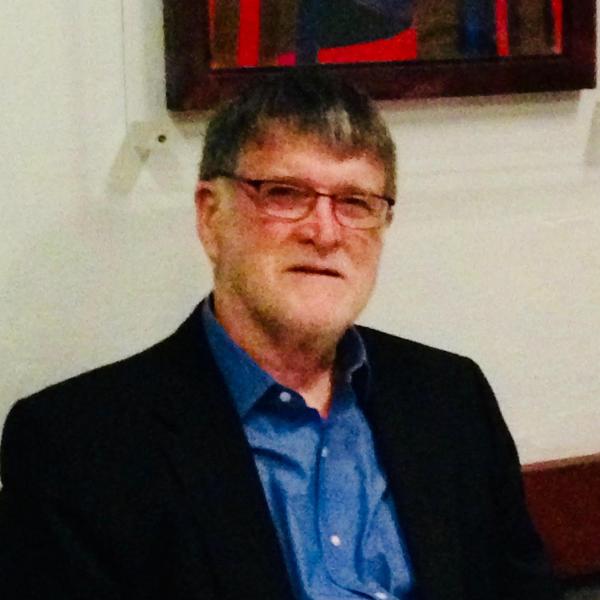
Professor Tait was well-known for his work in philosophy of mathematics and logic, particularly proof theory. He is the author of The Provenance of Pure Reason: Essays in the Philosophy of Mathematics and its History, among many other works.
In a remembrance, Richard Zach (Calgary) discusses Professor Tait’s research:
He proved the consistency of second order logic, settling the Takeuti conjecture positively… His two most well-known contributions are perhaps the development of the Schütte-Tait method of proving cut elimination and the method of proving normalization for lambda calculus using Tait computability predicates… His most influential contribution in the philosophy of mathematics is what’s come to be known as “Tait’s thesis”: the identification of Hilbert’s “finitary standpoint” with what’s primitive recursively computable and provable in primitive recursive arithmetic.
You can learn more about his work here and here.
Professor Tait joined the philosophy faculty at Chicago in 1972. Prior to that, he held positions at the University of Illinois at Chicago and Stanford University. He earned his PhD from Yale University and his BA from Lehigh University.
You can read his own discussion of his life and work here.
Professor Tait died on March 15th, 2024.
The post William W. Tait (1929–2024) first appeared on Daily Nous.
Nowhere to Live, Nowhere to Die
In Gaza, not even the cemeteries are safe from Israeli bombardment.
Howard Stein (1929-2024)
Howard Stein, professor emeritus of philosophy at the University of Chicago, has died.
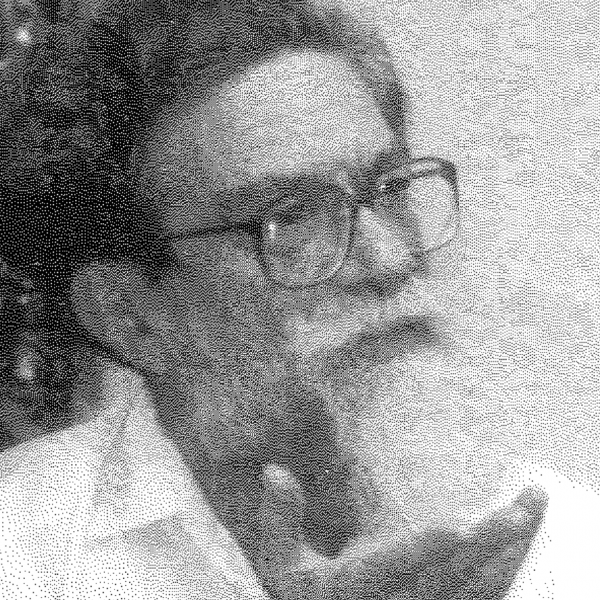
[Howard Stein. Image via University of Chicago]
Professor Stein was well-known for his work in philosophy of physics, the history of physics and mathematics, and the history of philosophy. You can browse some of his writings here and learn more about his work here, but as Eric Schliesser notes in an obituary of Stein well-worth reading, “Because of his high standards, Howard didn’t publish much. And some of his best work has never appeared in print, and it often circulated as lectures or mimeographs.”
Schliesser writes:
In general philosophy of science, Howard is treated as one of the founders (or inspirations) of so-called (‘ontic’) ‘structural realism.’ … In a rather profound polemic with McDowell (here), Stein articulated his understanding of “philosophy as allied with the sciences in searching for the best understanding-and-knowledge of the world – including ourselves.”
Professor Stein earned his PhD at the University of Chicago in 1958 and was an assistant professor there for a few years before moving on to various other institutions, including Brandeis University, Honeywell Inc., The Rockefeller University, Case Western Reserve University, and Columbia University, and then returning to Chicago as a a full professor in 1980. He earned an MS in mathematics at the University of Michigan and his BA from Columbia.
He died on March 8th.
The post Howard Stein (1929-2024) first appeared on Daily Nous.
Ernst Wolfgang Orth (1936-2024)
Ernst Wolfgang Orth, professor emeritus of philosophy at University of Trier, has died.
The following obituary was written by Ralf Becker, Christian Bermes and Karl-Heinz Lembeck, and sent in by Simon Schüz.
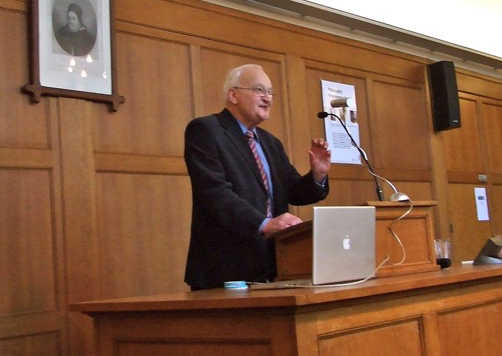
Ernst Wolfgang Orth (1936-2024)
An Obituary
Ernst Wolfgang Orth was born on August 9th, 1936. He died on March 1st of this year in his hometown of Trier at the age of 87.
Orth studied German, history, philosophy, and psychology at the universities of Mainz and Freiburg in the late 1950s and early 1960s. He obtained his doctorate in Mainz in 1965 with a thesis on the philosophy of language in Husserl and Hönigswald (published in 1967). From 1962 to 1970 he was an assistant to Gerhard Funke in Mainz. In 1970, he was appointed to the newly founded University of Trier, where he worked as Professor of Philosophy until his retirement as emeritus in 2001. During his active career, he held several visiting professorships at universities abroad (1983 Penn State, 1985 Ottawa, 1989 Milan, 1995 Graz, 1998 Kyoto). He was Vice President of the German Society for Phenomenological Research (DGPF) from 1978-1983 and President from 1983-1987 and President of the Max Scheler Society from 2007-2009. Finally, Mr. Orth was also Managing Director of the General Society for Philosophy in Germany from 1981-1988.
In terms of the history of philosophy, his research focused on the 19th and 20th centuries. In particular, he focused on the phenomenology of the early 20th century and the various strands of neo-Kantianism and Lebensphilosophie of the late 19th century. If one sought a problem- historical heading for Orth’s reading of the philosophy of this period, you could quote the title of one of his books: From Epistemology to the Philosophy of Culture (Von der Erkenntnistheorie zur Kulturphilosophie [1996]). This arch expresses the genesis of a philosophical question that offsets the loss of ultimate certainties of knowledge against the gain that the insight into the concrete conditions of human understanding of the world promises to give—even and especially when these conditions prove to be only provisionally stable because they are historically and culturally open.
Orth has drawn attention to the points of this development in many publications. Most of the positions he deals with can be understood as mediating models of transcendental and cultural philosophy. Orth traces such models—for instance, Husserl’s or Cassirer’s—back to an original dual motivation of transcendental philosophy. On the one hand, it has as its prerequisite the thematization of the human being, or more precisely: of human subjectivity. It relies on the fact that all knowledge of the world is knowledge in human consciousness and that this consciousness, for its part, is the only instance of which humans can authentically assure themselves. On the other hand, however, this human being as an essentially contingent variable is precisely what must be abstracted from in a quest for first principles. With Husserl, this is expressed in the idea of a ‘reduction’ to supposedly pure structures of consciousness; with Cassirer, it is exhibited in the uncovering of universal functions of reason. The human being therefore seems to be thematized as the starting point for transcendental reflection only to be immediately pushed aside again.
This ambivalence can obviously only be overcome if anthropology, within the framework of transcendental epistemology, does not present itself as an obstacle, but as a necessary perspective. And precisely this, as Ernst Wolfgang Orth attempts to demonstrate on many occasions, is an insight that not only Husserl and Cassirer each gained in their own way, but which was more or less clearly explicated by a large part of the philosophy of the epochs in question. The authoritative source of experience to which the transcendental question regarding the conditions of the possibility of knowledge has to resort is no less than the full, the whole human being. The anthropological philosophy of the 20th century, so the thesis goes, has its fundamental basis in the epistemology of the 19th century. This is not a reductive view, because anthropology is not understood here as an individual science, and because its findings are not only intended to serve as selective support for philosophical arguments—but because anthropology slips into the role of a first philosophy, which understands the human being both as the basis and the vanishing point of every possible orientation about the world, and also of every orientation about such an orientation, i.e. as the basis and vanishing point of philosophy itself.
The fact that such insights owe their existence to a very peculiar development of thought is proven by the fact that the aforementioned argument for a kind of ‘humanization of the transcendental subject’ was still decisively rejected in Orth’s early publications which warned against an overvaluation of anthropological claims in philosophy. Later, in 1990, however, what was once forbidden under penalty of law was even allowed to shine as the prominent title of one of his most important essays: Anthropology as First Philosophy (Anthropologie als erste Philosophie). Such challenging theses also led to Orth once being described as a philosopher of the ‘penultimate things’. This was certainly never meant disrespectfully, but was formulated in the light of his insight that transcendental questions about the conditions of our knowledge of the world do not lead to ultimate principles, but rather to the occasional conditions of our thinking, i.e. to the recognition of the historicity and culturality of human consciousness—entirely in the tradition of Dilthey, Husserl, or Cassirer. And these conditions are always only penultimate, because they can change, can be abandoned, can be joined by new ones. The normativity of orientation in the life-world then proves to be eminently fleeting. Philosophy, however, insofar as it has to provide orientation about such orientation on Orth’s conception, should only describe such norms and does not simply want to partake in them. In order to modify Husserl’s aperçu of a philosophy of finitude in the awareness of infinity, Ernst Wolfgang Orth’s philosophy can therefore perhaps be described as a ‘philosophy of penultimate things’, but in the awareness of the possibility and necessity of ultimate things as well.
Ralf Becker, Christian Bermes und Karl-Heinz Lembeck
German language version of the obituary
PhilPapers page for Ernst Wolfgang Orth
Wikipedia page for Ernst Wolfgang Orth
The post Ernst Wolfgang Orth (1936-2024) first appeared on Daily Nous.
Paulin J. Hountondji (1942-2024)
Paulin Jidenu Hountondji, an influential African philosopher, died earlier this month.
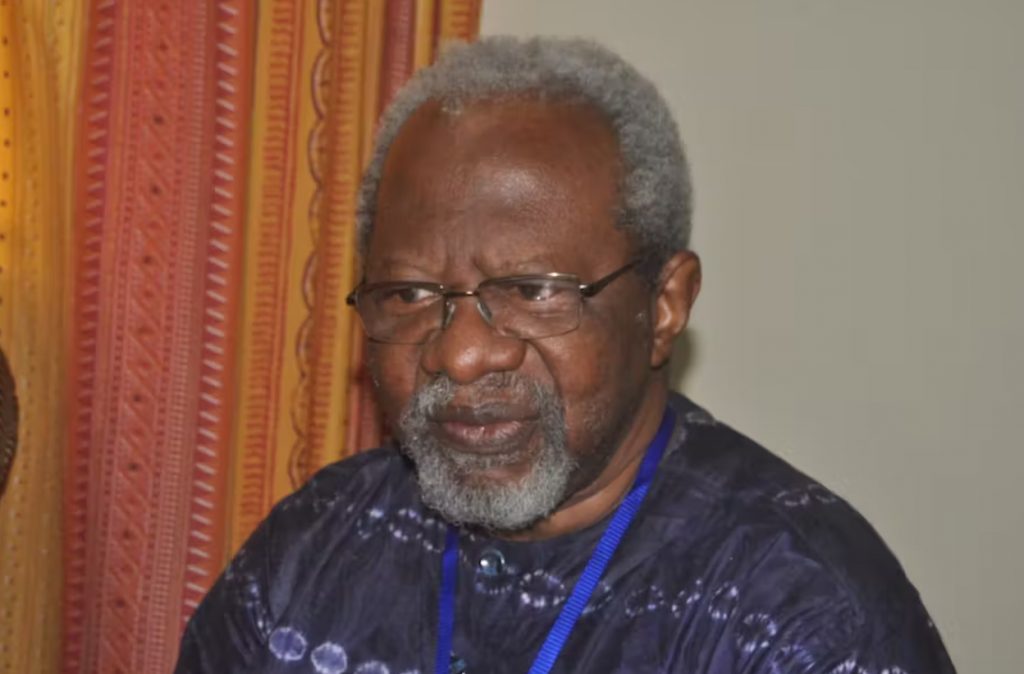
Paulin Hountondji was known for his work in African philosophy, and especially on the topic of what African philosophy is and should be.
He rejected a conception of African philosophy as inward-facing ethnophilosophy as well as the romanticization of folk widsom, and emphasized the importance of universalism, logic, and argument. Souleymane Bachir Diagne (Columbia) puts his view this way:
A people do not philosophise. Philosophical reflection is the business of a subject who takes responsibility for the assertions he or she makes and the arguments used to defend them.
He is the author of, among other works, African Philosophy: Myth and Reality and The Struggle for Meaning: Reflections on Philosophy, Culture and Democracy in Africa. You can learn more about Hountondji’s work here.
Hountondji was the director of the African Centre for Advanced Studies in Porto-Novo, Benin. He had long been a professor of philosophy at the Université Nationale du Bénin in Cotonou, and also had held appointments in France, the Democratic Republic of Congo, and the United States (at the University of Louisville). He earned his doctorate at the École Normale Supérieure in Paris.
In addition to his academic work, Hountondji served as Minister of Education and Minister for Culture and Communications in the Government of Benin in the early 1990s.
He died on February 2nd, 2024.
The post Paulin J. Hountondji (1942-2024) first appeared on Daily Nous.
Lawrence Pasternack (1967-2024)
Lawrence Pasternack, professor of philosophy at Oklahoma State University, has died.
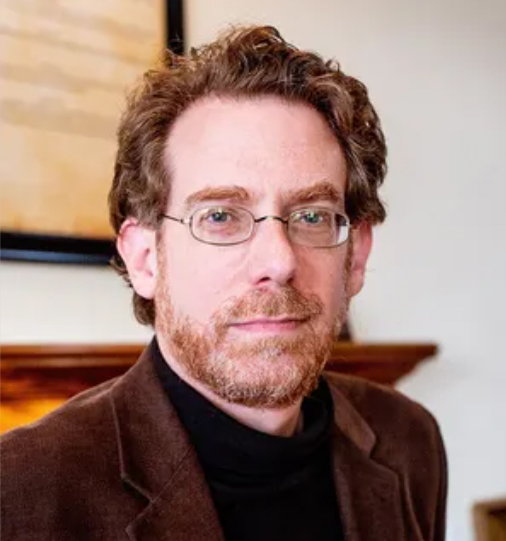
Professor Pasternack was known for his work on Kant’s philosophy of religion. He is the author of Kant’s Religion within the Boundaries of Mere Reason: an Interpretation and Defense (2014) and the Routledge Philosophy Guidebook to Kant on Religion Within the Boundaries of Mere Reason (2014), among other works. You can learn more about his writings here and here.
Pasternack joined the faculty at Oklahoma State in 1998. He earned his PhD from Boston University, his MA in philosophy and religious studies at Yale Divinity School, and his undergraduate degree at York University.
He died unexpectedly on January 30th.
The post Lawrence Pasternack (1967-2024) first appeared on Daily Nous.
World Panics after Death Of Last Remaining Adult
Relatives of the world’s last living adult Frank Barnstaple have confirmed that the 93 year old grown up has passed away, leaving the residents of the world frightened and bewildered.
“When I was a kid there were adults everywhere making sure the world ran smoothly,” said terrified Gwawley Bay app designer Felicity Coughlan. “Who’s going to organise for all the food to get to the supermarkets, stop us having wars with each other and fix all the leaky taps? Certainly not my generation.”
Barnstaple, known for wearing a suit unironically, was found slumped down at the kitchen table in the middle of filling out some important looking forms with a serious looking newspaper by his side.
“Adults basically ran the world up until about 1980,” said historical blogger Pete Kristopherson. “They can often be seen in grainy old black and white photos standing in front a half completed dam or something wearing a hard hat and holding plans in their hands. They would be pointing at something and the all the people around them would be listening to what they had to say.”
“It’s a mystery why all the adults started dying out and not being replaced,” said medical diagnostic robot Dr Jane Summons. “It appears to be some kind of virus targeting the DNA sequence that codes for informed decision making and knowing not to eat too many lollies.”
Frank Barnstaple’s funeral will be handled by some kind of burying people facilitator who hopefully knows how to arrange for a hole to be dug and locate an organ player.
Peter Green
http://www.twitter.com/Greeny_Peter
You can follow The (un)Australian on twitter @TheUnOz or like us on Facebook https://www.facebook.com/theunoz.
We’re also on Patreon: https://www.patreon.com/theunoz
The (un)Australian Live At The Newsagency Recorded live, to purchase click here:
Abdollah (Omid) Payrow Shabani (1962-2023)
Abdollah (Omid) Payrow Shabani, Professor of Philosophy at the University of Guelph, died last month.
Professor Shabani worked in social and political philosophy, focusing on democracy, multiculturalism, and issues confronting his native country, Iran. You can learn more about some of his writings here.
Professor Shabani joined the Department of Philosophy at the University of Guelph in 2003. He earned his PhD in philosophy from the University of Ottawa and his MA and BA from Carleton University.
Don Dedrick, chair of Guelph’s Department of Philosophy, shared a memorial notice, posted below.

Dr. Abdollah (Omid) Payrow Shabani, Professor in the Department of Philosophy, University of Guelph, died in Toronto on December 23 2023 after a long and debilitating illness. He was 61. His partner Marjan Bateni describes his youth:
Omid came from a war-torn area of Iran, from a middle-class family of educators who had to flee their hometown during the Iran-Iraq war. They had to take refuge in the city of Karaj, north of Tehran, with their house and belongings all gone in the war. When he finished high school, Omid was not allowed to attend university in Iran because he was politically active. All his like-minded friends started mysteriously disappearing or were taken to unknown locations by Iranian authorities, so he fled, moving from country to country, with the threat of death or imprisonment at every corner, doing any possible survival jobs. He drove cabs, washed dishes at restaurants. When Canada finally gave him asylum, he did not speak any English or French. He started learning English by attending ESL classes.
In Canada, Omid settled in Ottawa, earning B.A. and M.A. degrees from Carleton University, and the Ph.D. in philosophy from the University of Ottawa in 2000. He was a Mellon Post-Doctoral Fellow at the New School in 2002, where he studied with Jurgen Habermas. He came to the University of Guelph in 2003. His first book, Democracy, Power, and Legitimacy: Critical Theory of Jürgen Habermas, was published in 2003 by the University of Toronto Press. Throughout his academic career, Omid continued to write about the nature of democracy, about multiculturalism, and about civil society. Many of his publications, including his last article in 2023, concern the political situation in Iran. He taught undergraduate and graduate courses in social and political philosophy, ethics, critical theory, and the philosophy of law at the University of Guelph.
Omid leaves behind a legacy of intellectual vigor, resilience, and a profound commitment to democratic ideals. His contributions to political theory, particularly on the political complexities of Iran, will continue to inspire scholars and advocates alike. In the hearts of those who knew him, Omid’s memory will be cherished as a testament to the indomitable human spirit. Though he is no longer with us, his memory will live on in the hearts of his partner, his daughter, his colleagues, his students, and everyone fortunate enough to have known him.
The post Abdollah (Omid) Payrow Shabani (1962-2023) first appeared on Daily Nous.
J.B. Schneewind (1930 – 2024)
Jerome (“Jerry”) Borges Schneewind, professor emeritus of philosophy at Johns Hopkins University, well-known for his work on history of philosophy and ethics, has died.
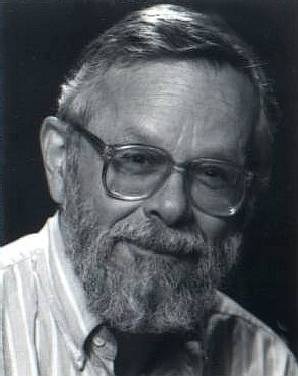
Professor Schneewind wrote primarily on the history of philosophy, including the history of ethics. He is the author of numerous articles, edited collections, and several books, including Sidgwick’s Ethics and Victorian Moral Philosophy (1977), The Invention of Autonomy (1998), and Essays on the History of Moral Philosophy (2009). You can read more about his work here.
Professor Schneewind was on the faculty at Johns Hopkins University from 1981 until his retirement. He also taught at the University of Chicago, Princeton, Yale University, Pittsburgh University, and Hunter College CUNY. He received his MA and PhD from Princeton University and his BA from Cornell.
Professor Schneewind was the recipient of Mellon, Guggenheim, NEH, and Center for Advanced Study of Behavioral Sciences fellowships. He was also a member of the American Academy of Arts and Sciences.
Steven Gross, chair of the Department of Philosophy at Johns Hopkins, shared the following memorial notice:
The William H. Miller III Department of Philosophy mourns the passing of Jerry Schneewind, Professor of Philosophy, emeritus. Professor Schneewind was deeply admired both for his ground-breaking work in the history of ethics and for his service to the field. He was a Guggenheim Fellow, a member of the American Academy of Arts and Sciences, President of the Eastern Division of the American Philosophical Association, and later Chair of its Board of Officers. In March 2000, the Department organized a conference in his honor on “Reading Autonomy”.
UPDATE: There is now an obituary on the Johns Hopkins University website.
The post J.B. Schneewind (1930 – 2024) first appeared on Daily Nous.
